(CLO) Using animal dung to preserve their species may sound strange, but a new scientific project is testing this possibility in the hope of helping to preserve endangered species.
Researchers are looking at whether they can capture and exploit the genetic diversity of animals through feces. Feces contain not only undigested food, bacteria and bile, but also cells from the intestinal lining of the creature that passed it. Remarkably, some of these cells are still alive if the feces are fresh.
Professor Suzannah Williams from the University of Oxford, who led the research, said they had successfully isolated living cells from mouse and elephant faeces. The project, dubbed a “poo zoo”, could open up new ways to preserve genetic diversity without taking samples directly from animals.
One potential route is cloning, in which the cell nucleus would be implanted into a donor egg, which would then create an embryo and develop into a new individual. Alternatively, these cells could be reprogrammed to become sperm and eggs, allowing reproduction in the laboratory without having to be collected directly from a living animal.
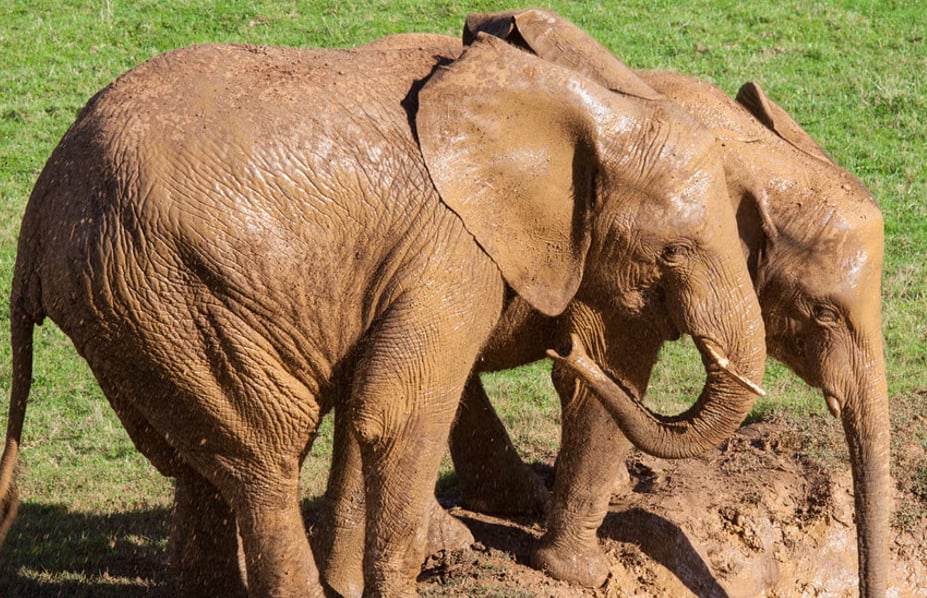
Illustration: GI
Dr Ashlee Hutchinson, who proposed the idea and works at the conservation organisation Revive & Restore, stressed that this method helps maintain sexual reproduction, thereby increasing the species' ability to adapt to environmental change.
Storing genetic material in liquid nitrogen at -196°C also preserves DNA indefinitely, opening up opportunities for future research and applications. Some organizations such as Nature's Safe in the UK or Frozen Zoo in the US have been implementing this bio-preservation method for a long time, but collecting cells from feces is a big step forward because it is non-invasive, allowing access to a wider range of animals.
However, scientists still face challenges in separating animal cells from bacteria in feces. The team is currently testing methods of diluting and culturing cells in antibiotic environments. There are still many barriers to widespread application of this technology, especially due to limited understanding of the reproductive physiology of many species.
Ngoc Anh (according to Guardian, Independent)
Source: https://www.congluan.vn/cac-nha-khoa-hoc-tim-cach-cuu-cac-loai-co-nguy-co-tuyet-chung-tu-phan-dong-vat-post338868.html






![[Photo] Heavy damage after storm No. 13 in Song Cau ward, Dak Lak province](https://vphoto.vietnam.vn/thumb/1200x675/vietnam/resource/IMAGE/2025/11/08/1762574759594_img-0541-7441-jpg.webp)
![[Photo] "Ship graveyard" on Xuan Dai Bay](https://vphoto.vietnam.vn/thumb/1200x675/vietnam/resource/IMAGE/2025/11/08/1762577162805_ndo_br_tb5-jpg.webp)




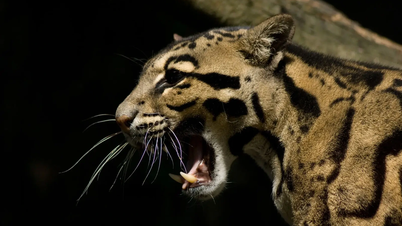
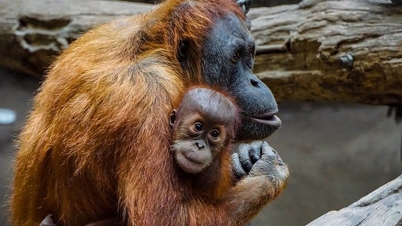





















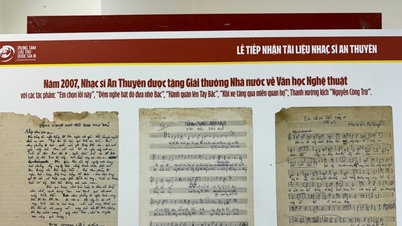
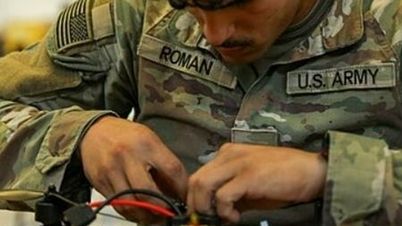
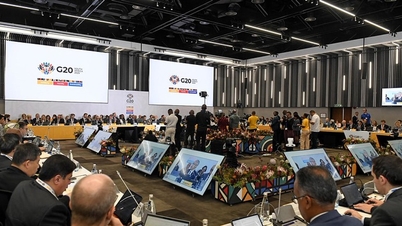
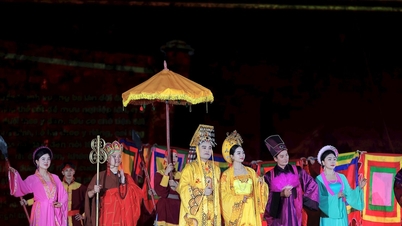

![[Video] Hue Monuments reopen to welcome visitors](https://vphoto.vietnam.vn/thumb/402x226/vietnam/resource/IMAGE/2025/11/05/1762301089171_dung01-05-43-09still013-jpg.webp)































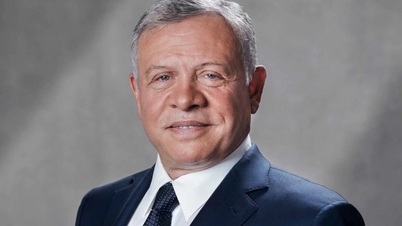
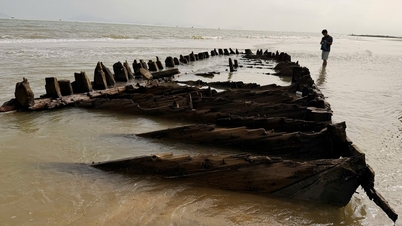
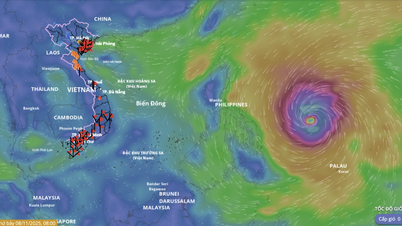















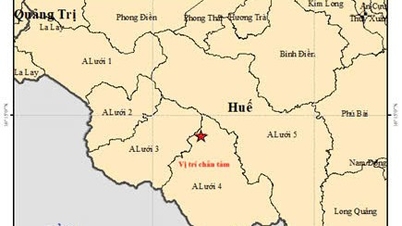















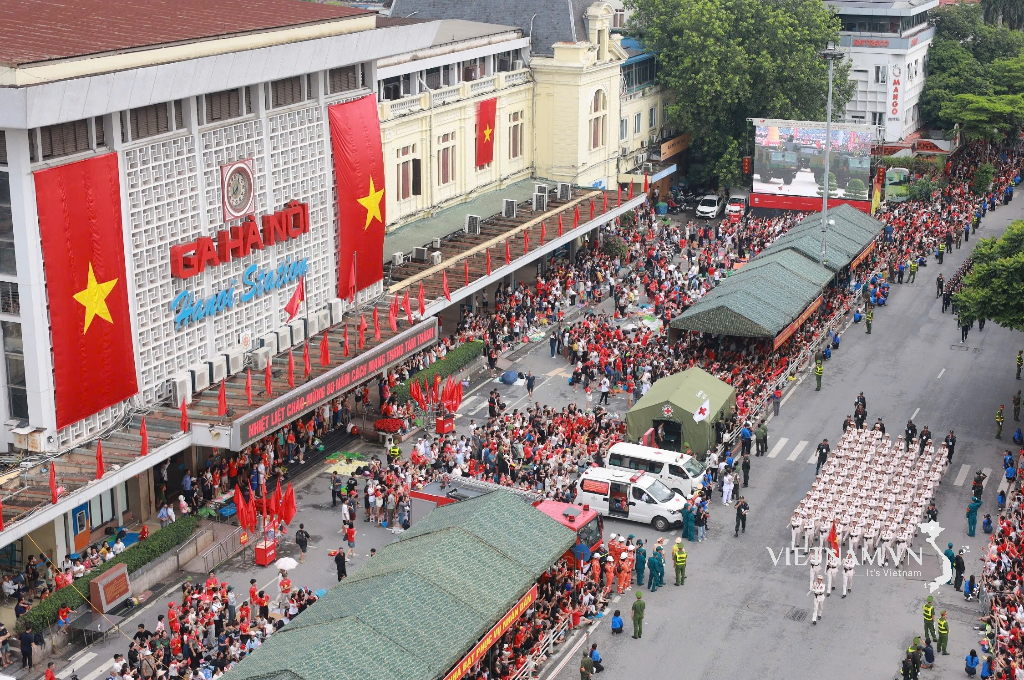

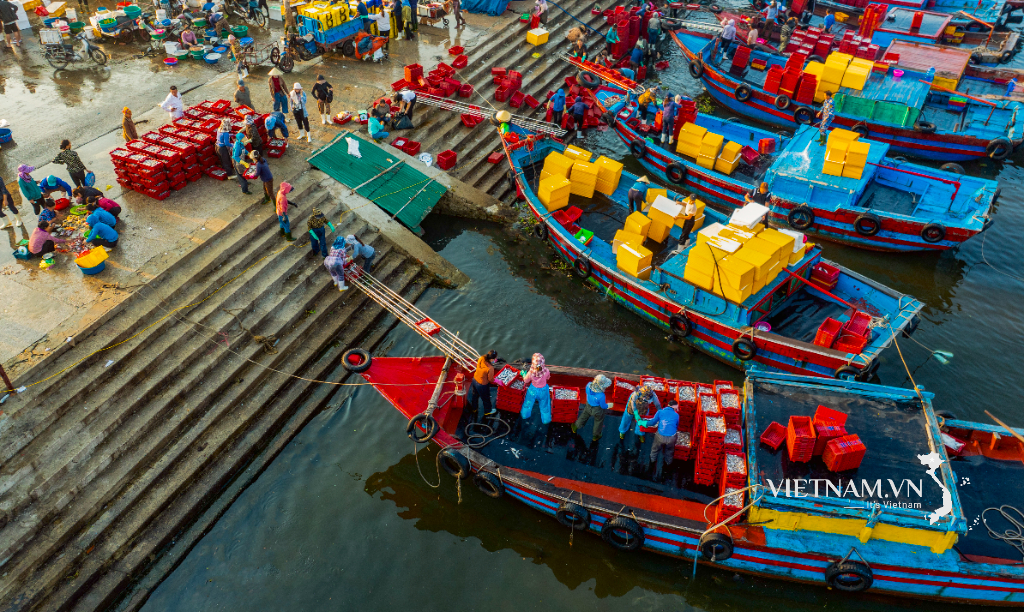
Comment (0)